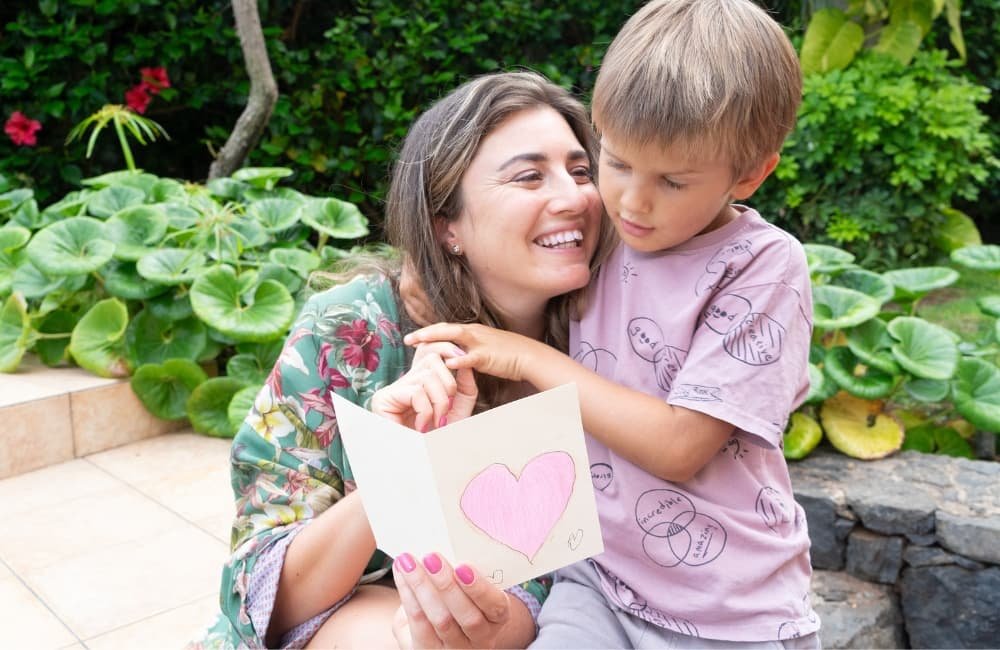As parents, we all want to hear positive things about our children. A kind message can uplift and encourage both child and parent. Sharing a thoughtful note about a child’s progress, achievements, or unique traits is essential to boost their confidence and strengthen the bond between parents and teachers. In this blog, we will share how a kind message sample to A Parent can make a big difference in a child’s life. Let’s get started.
The Importance of Kind Words about a Child

Parents’ Emotional Investment
Parents invest in deep love and energy into their children’s lives. From the early years of nurturing to supporting their growth through challenges, the emotional bond is thoughtful. Parents want the best for their kids and are deeply affected by their success and struggles. Hearing positive feedback about their child ensures that their efforts make a difference.
Kind Messages Boost their Child’s Confidence
When parents receive kind words about their child, it is a powerful endorsement. Positive feedback boosts their parenting choices and efforts helping them feel more confident in their role. It reminds them they are not alone in their journey and that their child is making meaningful progress. This encouragement can motivate parents to continue passionately supporting their child’s development.
Kind messages about a child can create ripple effects beyond the family. When parents feel appreciated and supported, they are more likely to express gratitude and positivity in their interactions within the community. This fosters stronger bonds among parents and teachers creating a nurturing environment for all children. These kind words contribute to encouragement and support.
The Psychology Behind Positive Messages
When parents receive supportive feedback through a Progress Report Parent Letter about their child’s achievements or behavior to validate their efforts and choices, this recognition can reduce stress and self-doubt, allowing parents to feel more competent and confident in their parenting abilities.
Kind words and positive reinforcement are shared with children to encourage good behavior. Praise and recognition motivate them to repeat these positive actions. This approach creates a supportive network that benefits everyone involved, providing a more nurturing environment for the child’s development.
Examples of Kind Messages
From Teachers to Parents
Your child showed incredible empathy today by helping a friend who felt left out.
This message highlights the child’s compassion to assure parents of the values they are teaching.
From Coachers or Mentors
I want to share how your child’s determination and teamwork inspired everyone during practice.
This note not only praises the child’s skills but also emphasizes the importance of collaboration.
From Friends or Neighbors
I saw how kind your child was at the park today. It stood out!
This simple observation celebrates the child’s kindness helping parents recognize their child’s positive impact on others in the community.
Tips for Sending Kind Messages
Be Specific
Mention details about the child’s actions or behavior. Specific examples make the message more meaningful and help parents understand precisely what their child did was admirable.
Keep it Genuine
Always focus on authenticity rather than exaggeration. Genuine messages resonate more deeply and build trust and parents appreciate honesty about their children’s strengths.
Use Various Channels
Consider different ways to communicate your message, such as a text, handwritten note, or in-person conversation. Each method has its charm in making the recipient feel valued differently.
Don’t Wait for Big Moments
Everyday acts of kindness or effort are worth mentioning. Recognizing small, positive actions encourages good behavior and shows you care about growth.
How to encourage a culture of kindness for children?
Encouraging educators and leaders to share positive feedback with parents to promote an environment of support and appreciation. Making it a regular practice can help professionals feel more connected and informed about a child’s progress.
Teaching kids the value of appreciating others is essential in nurturing a kindness culture. Encourage children to express gratitude and recognition towards their peers, teachers and parents to understand the impact of kind words and actions that show empathy and respect for their interactions.
Final Thoughts
Kind messages can significantly impact both parents and children. They uplift the parent and reinforce the child’s sense of worth and belonging. Acknowledging a child’s effort or behaviors can motivate them to strive for excellence and kindness. These messages create a supportive environment where parents feel valued and connected to their child’s growth.


